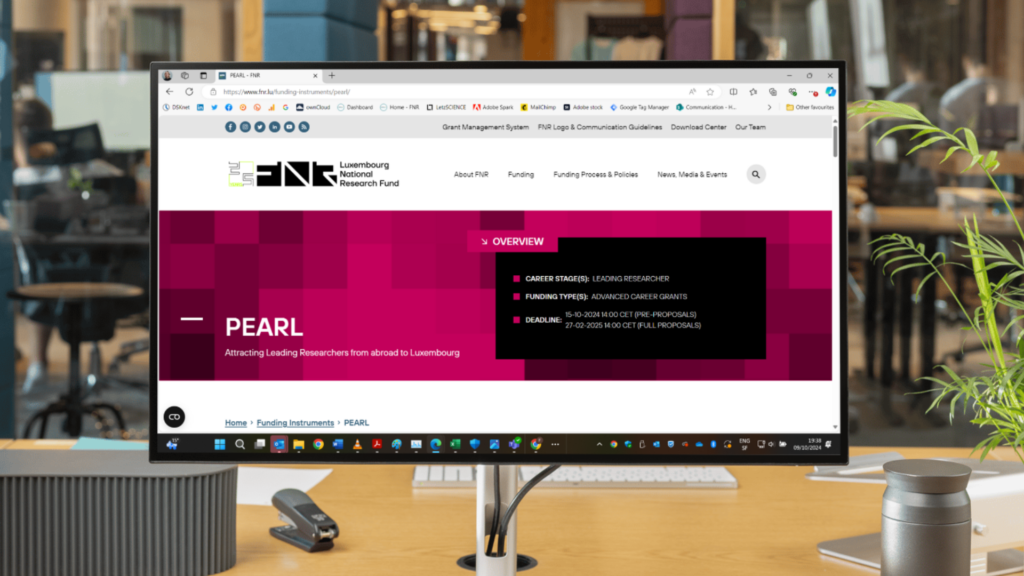BACK TO RESEARCH WITH IMPACT: FNR HIGHLIGHTS
As the FNR marks 25 years since its creation, we highlight 25 examples of FNR-supported research with impact. Since arriving in Luxembourg a decade ago as an FNR PEARL Chair, Prof Dr Rejko Krüger has led countless projects connecting fundamental research over clinical research into best practice for care and prevention in neurodegeneration.
Parkinson’s disease is the fastest growing neurodegenerative disease in which prematurely dying nerve cells in the midbrain lead to movement disorders such as shaking hands and a shuffling gait. The disease cannot be cured yet, but people with PD can substantially benefit from an early diagnosis to improve quality of life and avoid complications of the disease if appropriate therapeutic measures are taken.
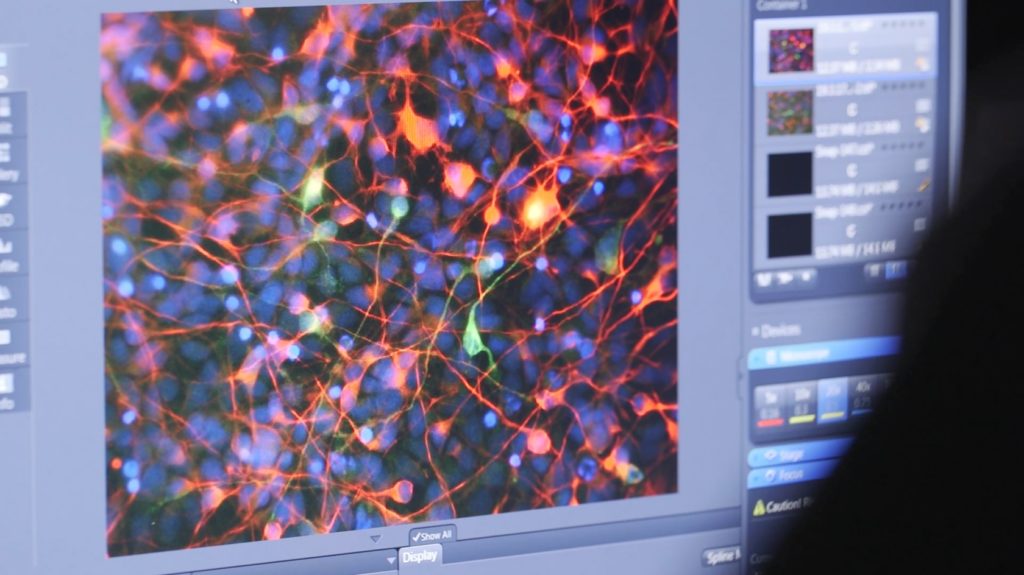
With his team, Rejko Krüger focusses on neurodegenerative diseases, such as Parkinson’s, with a strong translational and collaborative approach.
“Overall, the impact of our research is broad, affecting numerous lives directly and indirectly by advancing medical practice, attracting clinical innovations, and enhancing public understanding of health research.”
In 2022, Rejko Krüger and Ibrahim Boussaad and their teams received an FNR Award for “Outstanding Scientific Achievement”, for developing a first proof of concept for precision medicine in the field of neurodegenerative diseases, which could help many patients.
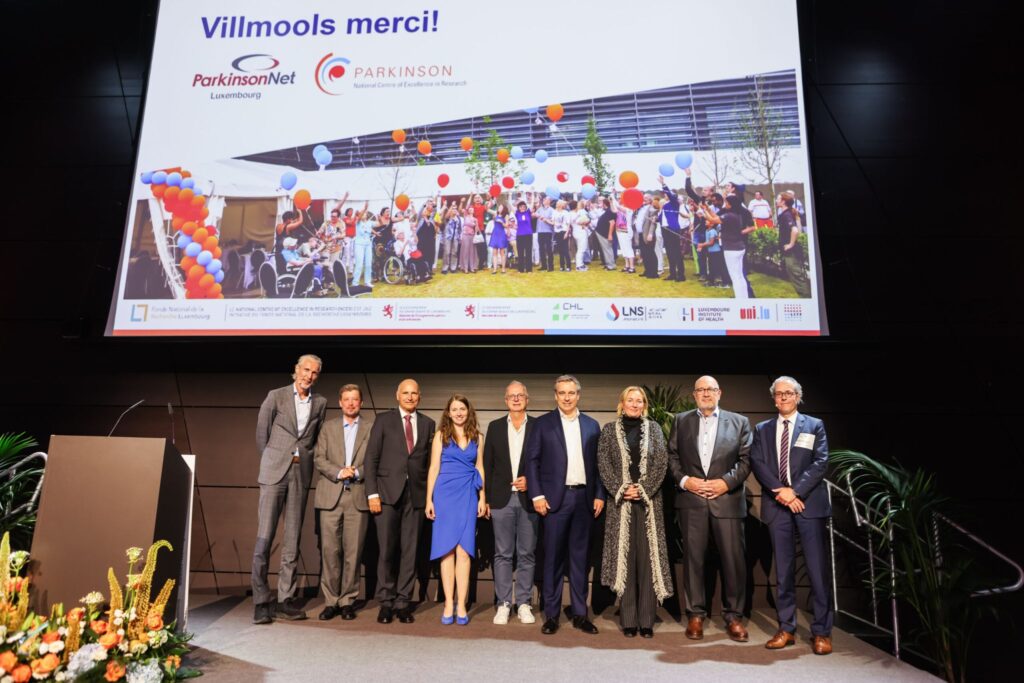
NCER-PD: A major Parkinson’s research programme
Parkinson’s disease affects over 3,000 people in Luxembourg. The disease was the focus of the first ever FNR NCER programme, NCER-PD (National Centre for Excellence in Parkinson’s Disease research), which launched in 2015 and was a joint effort between the Luxembourg Centre for Systems Biomedicine (LCSB), the Centre Hospitalier de Luxembourg (CHL), Luxembourg Institute of Health (LIH), and the Laboratoire National de Santé (LNS). Rejko Krüger, who arrived in Luxembourg in 2014 with a 5-year FNR PEARL grant, took over the lead of NCER-PD in 2019.
“The FNR funding has been instrumental in facilitating numerous collaborations with other researchers, institutions, companies, and foundations, both nationally and internationally. These partnerships have significantly advanced research in Parkinson's disease. One key initiative enabled by FNR funding is the NCER-PD. This project has been pivotal in connecting research institutions and hospitals within Luxembourg, fostering a collaborative environment that has been essential for the success of numerous studies. ”Prof Dr Rejko Krüger FNR PEARL Chair | Professor for Neuroscience and Head of Clinical and Experimental Neuroscience (LCSB, University of Luxembourg) | Director of Transversal Translational Medicine (LIH) | Neurologist (CHL)
Personalised treatment approaches
NCER-PD’s integration of clinical and research expertise has resulted in substantial advancements in understanding and treating Parkinson’s disease.
“This programme has significantly advanced our understanding of Parkinson’s disease through a focus on genetic and clinical research to develop personalized treatment approaches. One of the key achievements of NCER-PD has been the integration of genetic risk scores and clinical data, which has improved diagnosis and patient stratification, essential components of precision medicine.”
This research has made significant strides in impacting both society and industry in Luxembourg. With over 3,000 people living with Parkinson’s Disease in the country, the efforts within the NCER-PD have directly influenced many lives. Since its inception, more than 2,000 individuals have supported the research initiatives, and over 1,800 patients have been treated under the ParkinsonNet program, which integrates various healthcare providers to offer coordinated care.

“In addition to direct disease management, our research has played a crucial role in establishing a robust framework for clinical research and cohort building in Luxembourg. This framework has not only advanced our understanding of PD but also attracted innovative treatment options and clinical trials to the country, enhancing the local medical landscape. ”Prof Dr Rejko Krüger FNR PEARL Chair | Professor for Neuroscience and Head of Clinical and Experimental Neuroscience (LCSB, University of Luxembourg) | Director of Transversal Translational Medicine (LIH) | Neurologist (CHL)
FNR PEARL Chair brought Krüger to Luxembourg
Rejko Krüger came to Luxembourg around 2014 thanks to a grant from the FNR’s PEARL programme – the first medical doctor to be recruited as a Professor at the University of Luxembourg. Krüger explains that the work within the PEARL project was instrumental in exploring the molecular mechanisms underlying Parkinson’s disease.
The FNR’s PEARL programme offers attractive 5-year funding to bring leading researchers to Luxembourg.
“This programme has facilitated the development of innovative diagnostic tools and therapeutic strategies, including a novel blood serum assay for early and accurate diagnosis of neurodegenerative diseases. These advancements have the potential to revolutionize patient care by providing more precise and effective treatments. ”Prof Dr Rejko Krüger FNR PEARL Chair | Professor for Neuroscience and Head of Clinical and Experimental Neuroscience (LCSB, University of Luxembourg) | Director of Transversal Translational Medicine (LIH) | Neurologist (CHL)
Gene variations play role in increased risk of Parkinson’s disease
Krüger and team have established that a combination of small variations in genes regulating the mitochondria is associated with a higher risk for Parkinson’s disease. As the first in the field, they demonstrated that these genetic predictions translate into mitochondrial dysfunction in cellular models derived from Parkinson’s patients with a high polygenic risk score.
Using data from a recent clinical trial for a drug-targeting mitochondria, they also showed that Parkinson’s patients with high risk scores responded better to the treatment. These results, published in Annals of Neurology, are key in enabling intelligent clinical trial designs and will have a considerable impact on precision medicine for Parkinson’s disease.
“These findings were only possible due to the comprehensive design of the Luxembourg Parkinson’s study, allowing not only for genetic screening but also functional analyses of patient-based cellular models from the same individuals. This strategy will open the door to further collaborations with new partners testing mitochondrially targeted compounds for slowing disease progression.”
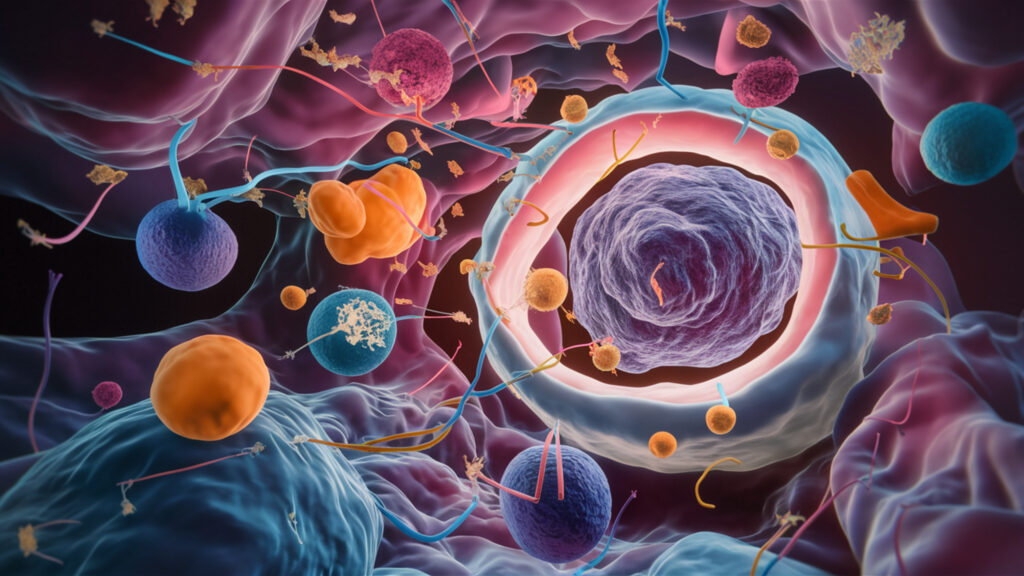
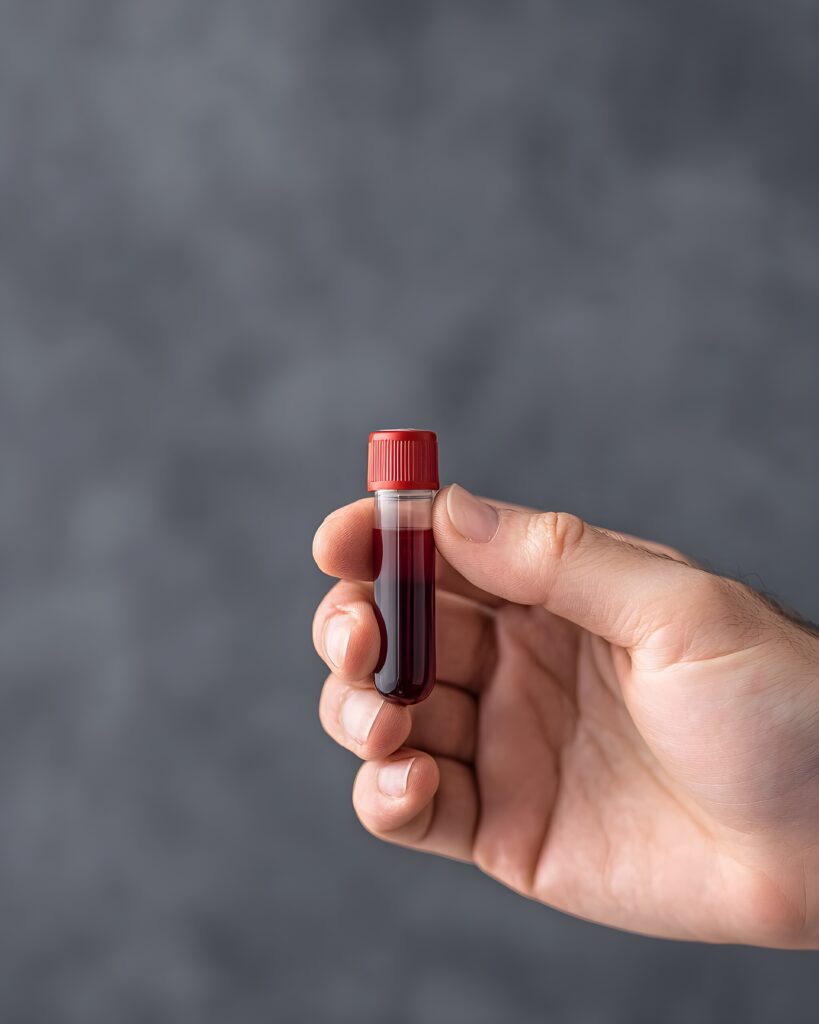
Novel blood serum essay paves way for better diagnostics with simple blood test
Another significant contribution of the team is the development of a novel blood serum assay, together with an international team of researchers from Japan. In this international collaboration, it was shown for the first time that pathological forms of the alpha-synuclein protein present in the blood of patients can actually be used for the diagnosis of Parkinson’s and its differentiation from several other neurodegenerative motor disorders – a ground-breaking result. Published in Nature Medicine, this finding is a huge step towards developing better diagnostics based on a simple blood test.
“These results were only possible to achieve because we have been following large groups of people diagnosed with Parkinson’s disease and other forms of parkinsonism annually for up to nine years, meaning that we have traced their clinical progression and collected biological samples such as blood, cerebrospinal fluid and tissue from brain donations. This specific study design allows for comparison between different synucleinopathies and helps to differentiate them from other neurodegenerative diseases.”
Luxembourg now considered a leader in field of neurodegenerative research
“The infrastructure and expertise developed through FNR-supported projects have been essential in positioning Luxembourg as a leader in international research in the field of neurodegeneration. These advancements enabled our participation in the Luxembourg-German-Indian Alliance on Neurodegenerative Diseases and Therapeutics (Lux-GIANT).”

“In August 2019, the Michael J. Fox Foundation recognized our capabilities and awarded a substantial grant to expand genetic research in Africa, East Asia, and India. Our team's involvement in this project has resulted in the first genetic stratification of the Indian population for Parkinson’s, involving 10,000 patients and 10,000 controls. This initiative, which moved into its second phase in May 2020 highlights the pivotal role of FNR funding in enhancing Luxembourg's global research stature. ”Prof Dr Rejko Krüger FNR PEARL Chair | Professor for Neuroscience and Head of Clinical and Experimental Neuroscience (LCSB, University of Luxembourg) | Director of Transversal Translational Medicine (LIH) | Neurologist (CHL)

Krüger’s research has also benefitted from the FNR’s BRIDGES programme, which supports collaborations between academia and companies or industry partners.
“Thanks to the FNR-funded BRIDGES programme, we initiated a collaboration with Ksilink, a public-private entity involving Sanofi. This partnership, launched in June 2018, focused on a five-year project using iPSC lines with SNCA mutations to develop treatments for Parkinson’s disease. The project not only explores innovative therapies but also underscores FNR’s role in fostering impactful academic and industry partnerships.”
Key challenges remaining: Better treatments, early detection, prevention
Despite significant advancements, key challenges remain in the field of neurodegenerative diseases. One challenge is developing causative treatments. The work of Krüger & team has facilitated the translation of research into clinical trials and improved access to patient populations in Luxembourg, however, developing effective therapies is ongoing.
Another challenge is early detection and ultimately prevention of neurodegenerative diseases such as Parkinson’s. The “At Risk Cohorts” programs, including studies like those on healthy brain ageing (www.heba.lu) and the REM-Sleep-Behaviour Disorder (RBD) study (https://parkinson.lu/research-participation/rbd-study), have the mission to identify and monitor at-risk populations in order to enable earlier interventions and better outcomes.
“These challenges shape our research agenda, driving innovative approaches to transform fundamental research into clinical applications.”
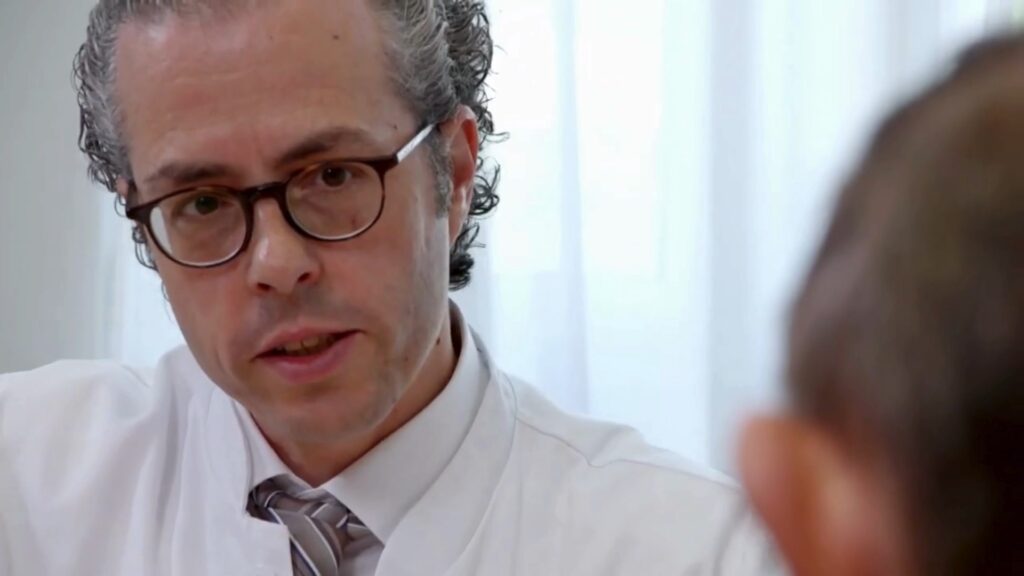
“Over the next decade, I see my field advancing significantly in developing biomarkers and novel treatment strategies for Parkinson’s disease. My aim is to position Luxembourg as a leader in these areas, particularly in personalized medicine. Through our work at NCER-PD and a multitude of international partnerships, we focus on early diagnosis and targeted therapies that align with the principle of providing the right treatment to the right patient at the right time. By integrating cutting-edge research with clinical applications, we're helping to drive the global shift towards tailored treatments in neurodegenerative diseases, making personalized treatment a more accessible reality for patients. ”Prof Dr Rejko Krüger FNR PEARL Chair | Professor for Neuroscience and Head of Clinical and Experimental Neuroscience (LCSB, University of Luxembourg) | Director of Transversal Translational Medicine (LIH) | Neurologist (CHL)
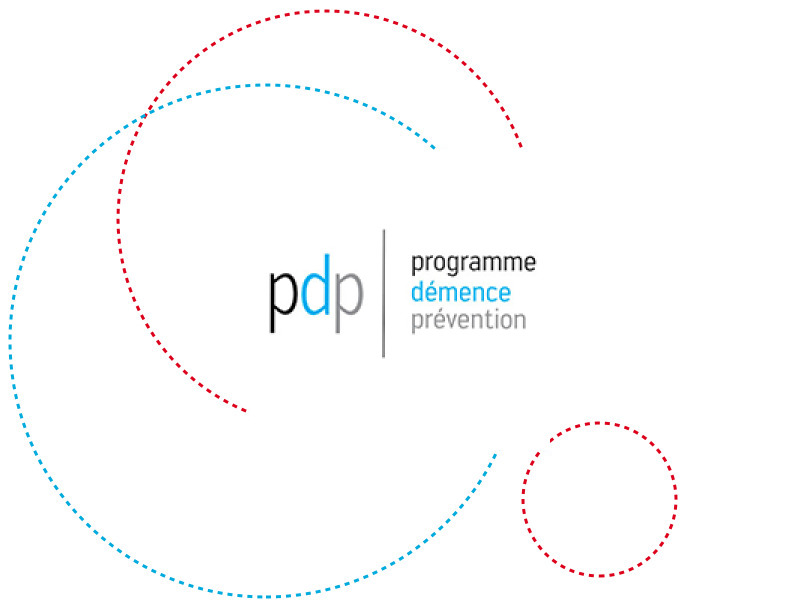
Looking ahead, Krüger’s main research goals are revolve around advancing early detection and prevention strategies for Parkinson’s.
“I am focused on dissecting the various molecular phenotypes associated with the disease. By understanding these distinct phenotypes, we aim to develop targeted interventions that can halt or slow the progression of PD at its earliest stages. This approach is crucial for implementing effective preventive measures and improving the overall management of the disease, ultimately enhancing patient outcomes and quality of life.“
“The “Programme for Dementia Prevention (pdp)” provides an integrated care concept in Luxembourg for prevention that allows already today to act on modifiable risk factors for neurodegeneration in order to prevent up to 45% of dementia cases.“
Rejko Krüger on the impact of FNR support
“Critical support in PEARL and NCER-PD essential and unique for substantial and sustained impact on Luxembourg research landscape and international visibility and research excellence of Luxembourg. Without the support of FNR, and this I mean not only financially, I would not stand where I stand now with my research. Indeed, finding the perfect steering and afterwards advising board for NCER-PD was crucial for the success of NCER-PD.”
“Additionally, the FNR’s support to establish cross-border collaboration between the scientific communities of Quebec and Luxembourg has become crucial through its international “Québec-Luxembourg” AUDACE programme. We have been fortunate to benefit from such an international partnership under the Tripartite McGill-Luxembourg-Beijing collaboration, which has allowed us to leverage expertise in neuroinformatics, microbiome research, and brain-gut organoids models to model the early stages of Parkinson’s disease pathogenesis. This effort not only enriches our research capabilities but also positions Luxembourg as a key player in international neurodegenerative disease research.”
“FNR funding has also been crucial in securing my presidency of the Genetic Epidemiology of Parkinson’s Disease (GEoPD) consortium for three terms. This leadership role has facilitated numerous international collaborations, advancing our understanding of PD genetics and pathology. The FNR’s support has enabled high-impact research projects and international collaborations that have significantly bolstered my credentials and contributions to the field, thereby positioning me as a leader within the GEoPD consortium.”
Rejko Krüger on training & mentoring PhDs
“Throughout my career, I have trained and mentored numerous researchers with the support of FNR grants, significantly impacting their careers and advancing the field of neurodegenerative disease research. To date, I have mentored over 10 PhD students, with an additional 5 PhD students currently in progress, all supported by FNR funding. Additionally, I have mentored over 7 postdocs and at least as many MSc students.
“One notable example is Anne-Marie Hanff, who became the first nurse to enrol in a PhD program in Luxembourg. This was made possible through a co-tutelle arrangement with Maastricht University. Her pioneering work has elevated the role of nursing in clinical research and inspired other nurses to pursue advanced degrees, thereby enhancing clinical care standards in Luxembourg.
“Another example is Lukas Pavelka, Luxembourg’s first clinician scientist in training. Supported by research funding within the NCER-PD programme, Lukas has successfully integrated clinical practice with research, resulting in numerous publications. His dual role has fostered a research culture among clinicians, bridging the gap between medical practice and scientific inquiry, and was recently awarded the prestigious Thiemann Fellowship for outstanding junior clinician scientists at the Annual Congress of the German Neurological Society 2024.
“Ibrahim Boussaad, a postdoctoral researcher, has obtained PhD supervision rights through an “authorisation à diriger des Recherches (ADR)” and secured substantial funding through programs like JUMP and EU grants. His achievements have bolstered our research capabilities and facilitated the development of innovative diagnostic and therapeutic strategies.
“Additionally, Peter Barbuti, another mentee, has advanced to a senior researcher position at Columbia University (New York, USA). This exemplifies the international career development opportunities facilitated by FNR-funded research training.
“These experiences have not only advanced the careers of these individuals but also enriched the field of neurodegenerative disease research through their contributions. For me, as a researcher, mentoring these great talents has provided fresh insights and reinforced the importance of nurturing the next generation of scientists.”
FNR-funded projects with Rejko Krüger as PI or coordinator
| Project title | Call year | FNR funding instrument |
| Lysosomal Risk factors in Parkinson’s disease | 2023 | AFR Bilateral |
| Prodromal DEtErminants for PhENoconversion of idiopathic RBD to alpha-synucleinopathies (PD, DLB and MSA) | 2022 | INTER (ERAPerMed) |
| Precision Medicine in Parkinson’s disease: from lessons learned to conquering new frontiers | 2022 | RESCOM |
| Compound upgrade to treat mis-splicing in PD | 2021 | JUMP |
| Investigation of the role of gene-environment interactions for predisposition to Parkinson’s disease | 2019 | INTER Mobility |
| Dissecting the pathological relevance of alpha-synuclein association with Mitochondria-Associated Membranes in Parkinson’s disease: A bi-national collaborative approach | 2018 | INTER |
| 4th International Parkinson’s Disease Symposium | 2018 | RESCOM |
| Modelling therapy development in Parkinson’s disease based on patient-derived iPSC lines harbouring pathogenic mutations in the SNCA gene | 2018 | BRIDGES |
| Mitochondrial Risk factors in Parkinson’s Disease | 2018 | CORE |
| 11th Annual Meeting of the GEoPD Consortium and 3rd International Parkinson´s Disease symposium | 2016 | RESCOM |
| NCER-PD | 2015 | NCER |
| Comprehensive assessment of endophenotypes in neurodegenerative diseases – translating impaired molecular signalling pathways into novel therapeutic strategies for Parkinson’s disease | 2013 | PEARL |
Related Funding Instruments
Related highlights
Luxembourg Parkinson’s Study: 1600 participants recruited!
In 2015, the ambitious National Centre of Excellence in Research on Parkinson’s Disease (NCER-PD) was launched with the support of…
Read more
Connecting fundamental research and clinical care
Prof Rejko Krüger has been FNR PEARL Chair at the Luxembourg Centre for Systems Biomedicine (LCSB) of the University of…
Read more
Related highlights
25 examples of research with impact: Driving innovation in software engineering, security, and AI
As the FNR marks 25 years since its creation, we highlight 25 examples of FNR-supported research with impact. Since arriving…
Read more
25 examples of research with impact: The science of fairness – inside inequality
As the FNR marks 25 years since its creation, we highlight 25 examples of FNR-supported research with impact. Since arriving…
Read more
25 examples of research with impact: A solid foundation for artificial intelligence
As the FNR marks 25 years since its creation, we highlight 25 examples of FNR-supported research with impact. Artificial intelligence…
Read more
25 examples of research with impact: Smart materials for a sustainable future
As the FNR marks 25 years since its creation, we highlight 25 examples of FNR-supported research with impact. Since arriving…
Read more
25 examples of research with impact: Advancing AI and Computer Vision: From space tech to better healthcare
As the FNR marks 25 years since its creation, we highlight 25 examples of FNR-supported research with impact. Since arriving…
Read more
25 examples of research with impact: Understanding the evolution of the workplace in the digital era
As the FNR marks 25 years since its creation, we highlight 25 examples of FNR-supported research with impact. Active in…
Read more
